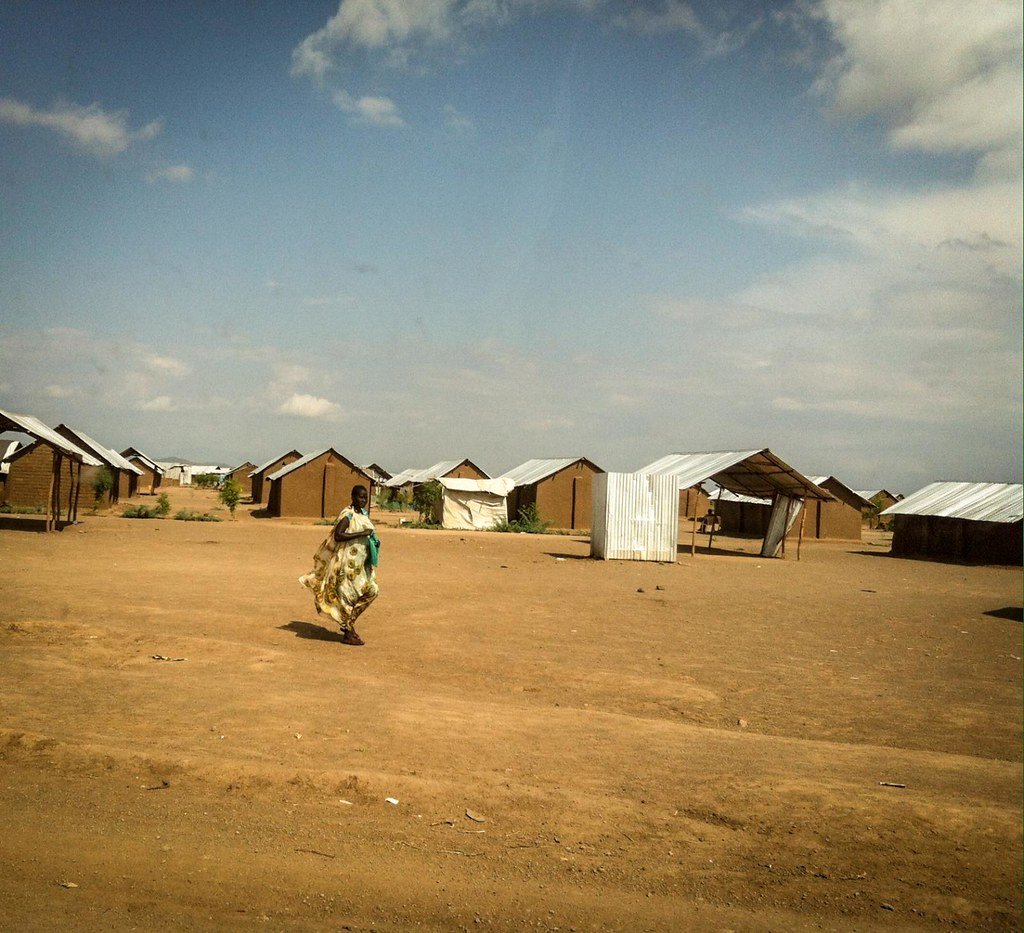
Female Refugees in Africa
Our mission starts in Kenya, so we will tell you our experience with female refugees in Kenya.
Refugee camps often create a complex environment where many women have to find their path in a misogynist society to provide for their children. Since many of them are taught that the only way to survive is to be dependent on men, human trafficking and sexual exploitation became tools for perpetrators to take advantage of these women.
Cultural stereotypes and the limited access to information massively restrict female refugees’ freedom. The way out? Financial independence.
A solid textile manufacturing industry will largely contribute to their economic emancipation. The fact that a significant proportion of women who repeatedly return to their abusive relationships is attributed to financial dependency.
Unkara aims to empower women to discover their full potential, be financially independent, and be aware that they can accomplish everything they set out to do on their own.
Our story starts in Kenya
Kenya hosts the two largest refugee camps in Africa: Dadaab, a semi-arid refugee complex in north-eastern Garissa County and Kakuma, an arid town in northwestern Turkana County. Due to the arid climate conditions in the desert, it is extremely difficult for agriculture and livestocks to develop and grow.
The lack of natural resources is also a reason for the hostile relationships between refugees and the host community. The two refugee camps host communities from Somalia, South Sudan, Rwanda, Burundi, Congo, among others.
A refugee camp is supposed to be a temporary solution for a better future elsewhere. However, the second and third refugee generations are still living in the camp with very little resources, creating a self-sustaining economy. In Kakuma Refugee Camp, there are markets according to the refugees’ nationalities (e.g. Somali/Ethiopian market) where refugees try to build their informal financial system.

“In Kakuma Refugee Camp, there are NGOs working with female refugees, in particular, gender-based violence survivors to develop and improve their livelihood conditions. These women attend hair-dressing, cooking, tailoring and English courses with the aim of having a role in the society and creating certain economic incomes for their families. From experience in the field, we can say that these are powerful and strong women, despite all the dramatic events they have experienced, and they want to look forward to a better future where they can finally be the protagonist of their lives.”
— Giuliana Inturrisi
Criminologist and Protection Officer specialized in critical and cultural criminology

